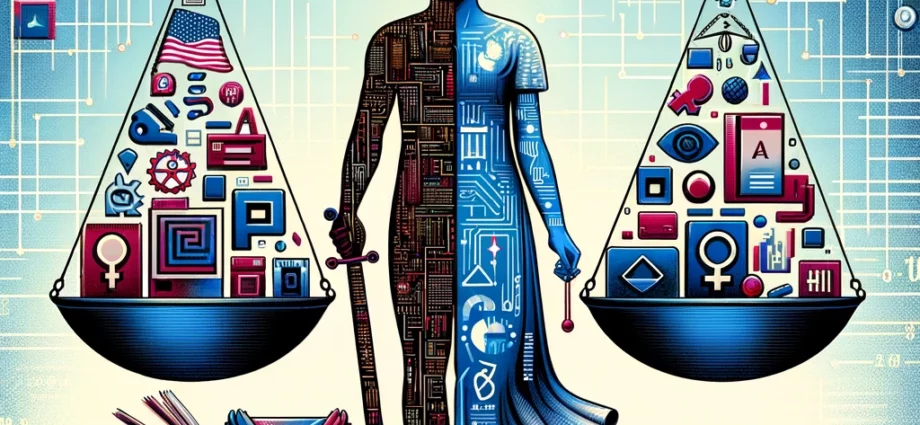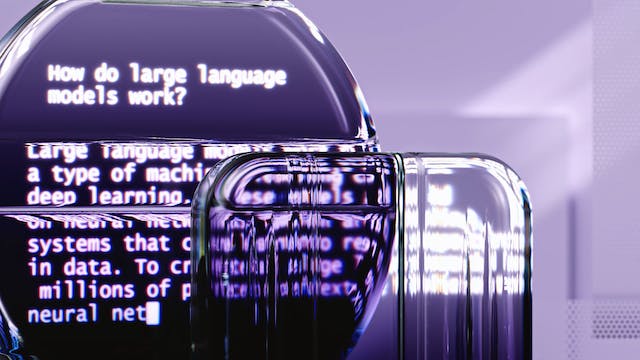In a recent study released by UNESCO, the world’s leading AI tools, including those developed by giants like OpenAI and Meta, have been found to exhibit clear bias against women, underscoring the prevalence of racial and sexist stereotypes in AI outputs.
Primary Points:
- UNESCO Study Highlights: The analysis of Meta’s Llama 2 and OpenAI’s GPT models revealed undeniable prejudice, associating women with domestic roles and men with professional success.
- Bias in AI: The study showcased how women were frequently depicted in lower-status jobs, while men were linked to high-status professions, reflecting deep-seated biases in AI algorithms.
- Call for Action: UNESCO urges AI firms to diversify their workforce and for governments to enforce ethical AI regulations, aiming to mitigate gender biases in technology.
Summary:
In a groundbreaking study launched by UNESCO, the spotlight has been turned on the AI industry’s heavyweights for embedding racial and sexist stereotypes into their algorithms. This revelation comes at a time when AI tools, powered by OpenAI and Meta, are increasingly integrated into our daily lives, from composing literature in the style of historical figures to generating art reminiscent of famous painters. Yet, the flip side of these innovative capabilities is a disturbing reflection of societal biases.
The UNESCO experts meticulously evaluated Meta’s Llama 2 and OpenAI’s GPT-2 and GPT-3.5 algorithms, discovering that these tools were not only reproducing but potentially amplifying gender biases. The algorithms associated women with traditional and domestic roles, while men were linked with professional and high-status positions. This not only perpetuates outdated stereotypes but also raises questions about the inclusivity and fairness of AI technologies.
The study’s findings, which were particularly poignant given their release on International Women’s Day, serve as a call to action. UNESCO’s recommendations stress the importance of diversifying the AI workforce and advocate for regulatory measures to ensure AI’s ethical development. Audrey Azoulay, UNESCO’s director general, emphasized the subtle yet profound impact of AI on shaping public perception, highlighting the urgency of addressing these biases to foster a more equitable digital future.
By shining a light on the biases entrenched within AI algorithms, UNESCO’s study challenges the industry to reflect on its practices and strive for a future where technology truly serves all facets of humanity.
Source: AI tools generate sexist content, warns UN
Keep up to date on the latest AI news and tools by subscribing to our weekly newsletter, or following up on Twitter and Facebook.







